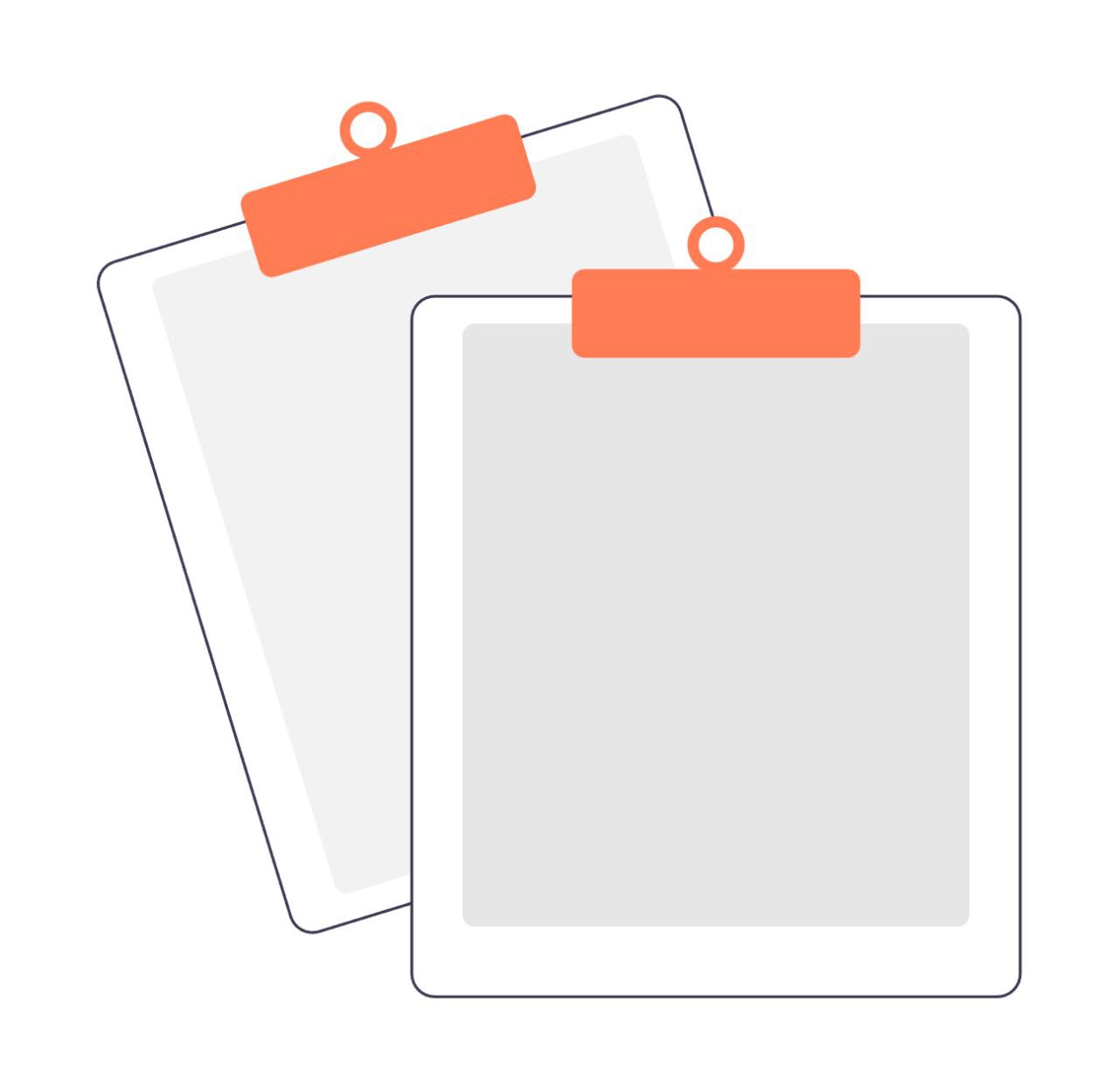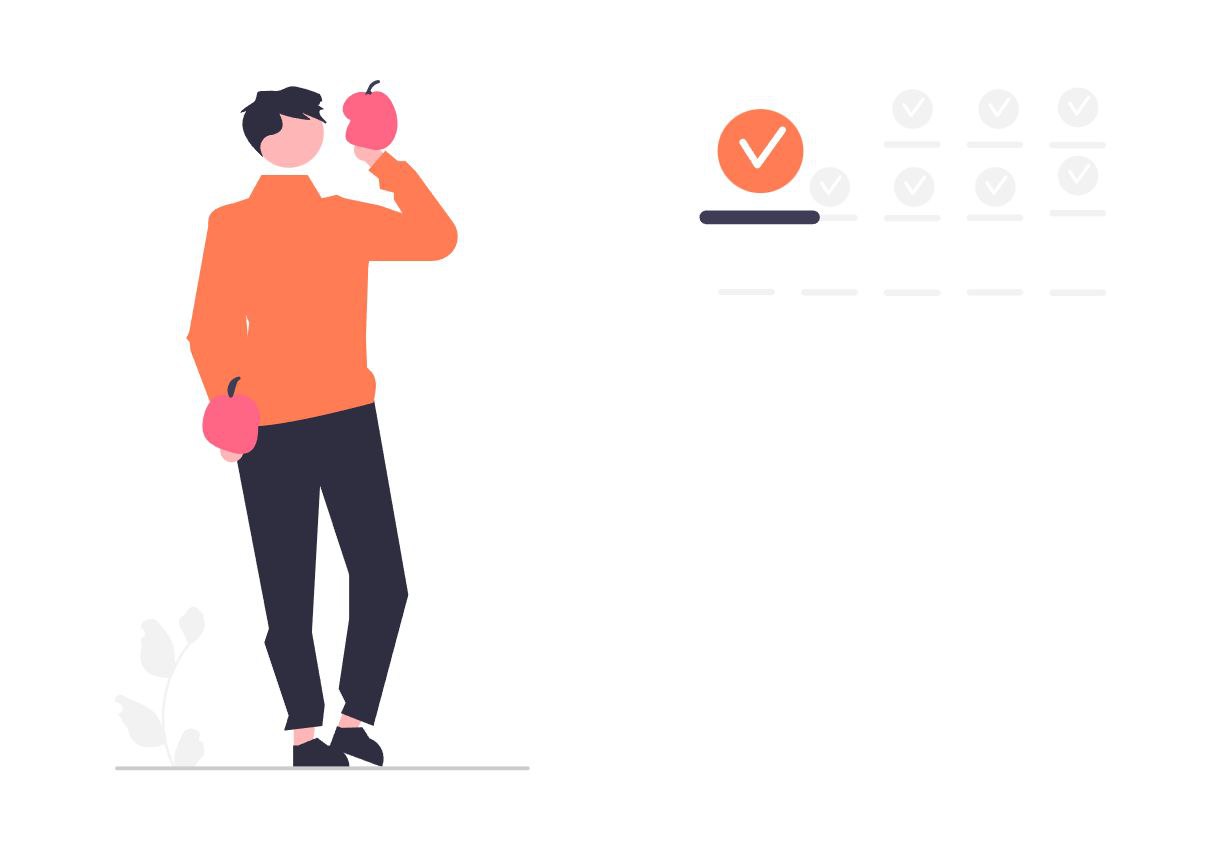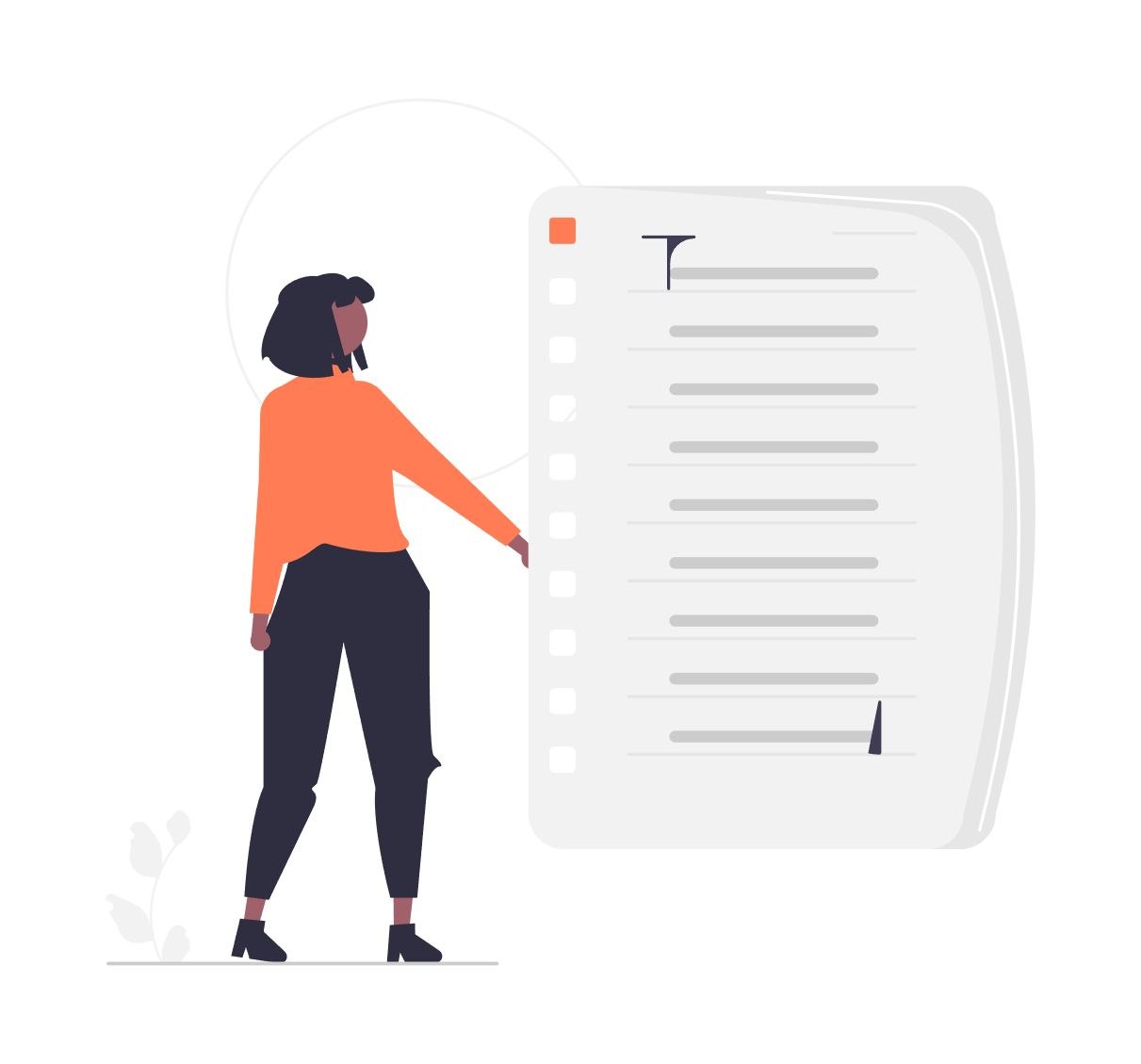Conquer IELTS Reading: Your Ultimate Self-Study Guide
So, you're tackling the IELTS Reading test? Fantastic! Self-study is entirely possible, and with the right approach, you can achieve a high score. This guide provides practical tips, hacks, and resources to help you succeed. Let's dive in!
Understanding the IELTS Reading Test
Before we jump into strategies, let's understand the beast. The IELTS Reading test assesses your ability to read and understand various academic texts. Expect a mix of question types, including:
- Multiple Choice Questions
- Matching Headings
- True/False/Not Given
- Sentence Completion
- Short-Answer Questions
- Summary Completion
- Flowchart/Diagram Completion
- Matching Information
Each question type requires a slightly different approach, which we'll cover in detail.
Effective Self-Study Strategies for IELTS Reading
1. Time Management is Key
The IELTS Reading test is timed. Practice under timed conditions from the start. This helps you build speed and efficiency. Use a timer and stick to the allocated time for each section. Aim for a realistic pace, don't rush, but don't dawdle either!
2. Skimming and Scanning: Your Secret Weapons
Mastering skimming and scanning is crucial. Skimming helps you get the general idea of a text quickly. Scanning helps you locate specific information. Practice both techniques regularly.
- Skimming Example: Read the first sentence of each paragraph to grasp the main ideas.
- Scanning Example: Quickly scan the text for keywords related to a specific question.
3. Vocabulary Building: Expand Your Word Power
A strong vocabulary is essential. Focus on academic vocabulary and learn new words in context. Use flashcards, vocabulary apps (like Memrise or Anki), and read extensively. Don't just memorize definitions; understand how words are used in sentences.
4. Practice, Practice, Practice!
Consistent practice is the key to success. Work through past papers and sample tests. Analyze your mistakes and understand why you got certain questions wrong. This will help you identify your weaknesses and improve your strategy.
5. Analyze Past Papers: Learn from Your Mistakes
Don't just complete past papers; analyze them thoroughly. Identify the areas where you struggled. Were you unsure of vocabulary? Did you misinterpret the questions? Understanding your weaknesses is half the battle. Focus on those weak areas and improve your performance.
6. Improve Your Reading Speed and Comprehension
Reading quickly and efficiently is vital. Practice reading a variety of texts, including academic articles, news reports, and essays. Focus on improving your reading speed and comprehension simultaneously. Don't sacrifice comprehension for speed.
7. Utilize Authentic Reading Materials
Don't limit yourself to IELTS practice materials. Read widely from authentic sources such as newspapers (The Guardian, The New York Times), magazines (The Economist, National Geographic), and academic journals. This will expose you to a wider range of vocabulary and writing styles.
8. Focus on Question Types
Each IELTS Reading question type requires a slightly different approach. Practice each type individually to develop your proficiency. For example, for True/False/Not Given questions, focus on identifying keywords and understanding the nuances of language.
9. Develop Effective Strategies for Each Question Type
Don't just randomly answer questions. Develop a systematic approach for each question type. For example, for matching headings, read the headings first, then scan the paragraphs for keywords that match the headings.
10. Regular Review and Feedback
Regularly review your progress and identify areas for improvement. Seek feedback from a tutor or a friend who is proficient in English. This will help you track your progress and stay motivated.
IELTS Reading Resources
Numerous resources can aid your self-study journey. Explore official IELTS websites, online forums, and practice materials. Remember, consistency and dedication are your best allies.
Good luck on your IELTS journey! Remember, self-study is challenging but rewarding. With dedication and the right strategies, you can achieve your desired score.


